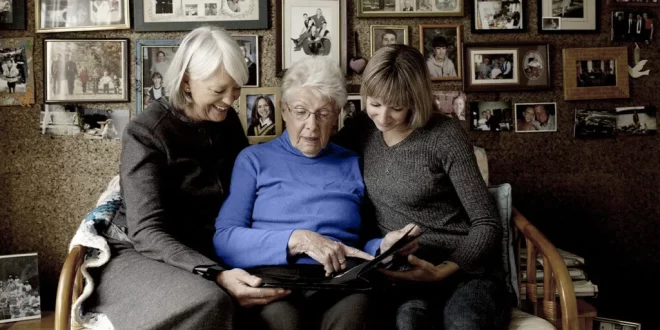Dementia refers to a range of chronic conditions that can lead to reductions in a person’s mental functioning. It is estimated that in America alone, five million people have dementia. As the world population ages, it is likely that dementia will become one of the leading forms of illness in the elderly population. There are over eighty forms of dementia, and the condition can remain unnoticed at first, especially if symptoms are mild in the beginning.
Over time, a person’s safety and well-being can be compromised due to advanced stages of dementia. In such circumstances, the person may need constant help and supervision to ensure that they do not become a danger to themselves and others. Often, a person with advanced stages of dementia will need to move to a nursing or assisted living home so that their health needs can be effectively managed. In this article, two common symptoms of dementia will be discussed in detail.
Increased risk of depression
One of the key effects of dementia is the impact it can have on a person’s mood and mental well-being. Often with dementia, there is an increased risk of suffering from depression. This can be because a person’s cognitive functioning can be impaired, and confusion or disorientation becomes commonplace, which can dramatically affect their mood. Dementia sufferers will be more prone to mood swings as it can be incredibly frustrating to struggle with tasks or activities that were once easy to accomplish. Thankfully, the impact of depression can be managed effectively with modern medication that is designed to treat mild to moderate forms of depression, such as the use of selective serotonin reuptake inhibitors (SSRIs). If you notice that you are struggling with common tasks that you could once undertake easily and are feeling low in mood with increasing confusion, you may ask yourself do I have dementia? There is a range of tests that your doctor can undertake to determine this so that help and treatments can be put in place.
Safety at home
In the advanced stages of dementia, a person can actually be at risk in their own home environment. For instance, when cooking, a dementia sufferer may forget to check on the food or may leave the cooker or hobs switched on. Clearly, this can lead to the risk of a house fire breaking out and may require an emergency services response. In addition, a person may forget to lock their home at night, which could lead to a risk of intruders entering the property.
When the home safety of a person with dementia begins to be compromised, it is often best practice to look to move them into an assisted living facility so that they can be supported in their everyday life. In such establishments, trained staff will be present to help the residents with their day-to-day routines, and there may even be freshly prepared meals provided so that residents do not need to cook for themselves.
In conclusion
Two common ways in which dementia can affect a person are the increased risk of suffering from depression and the risks posed by remaining in their own home. Depression can be treated with a range of antidepressant medications or with forms of counseling for milder symptoms. When a dementia sufferer is no longer safe in their own home due to the condition, it is wise to consider moving them to assisted living facilities.





